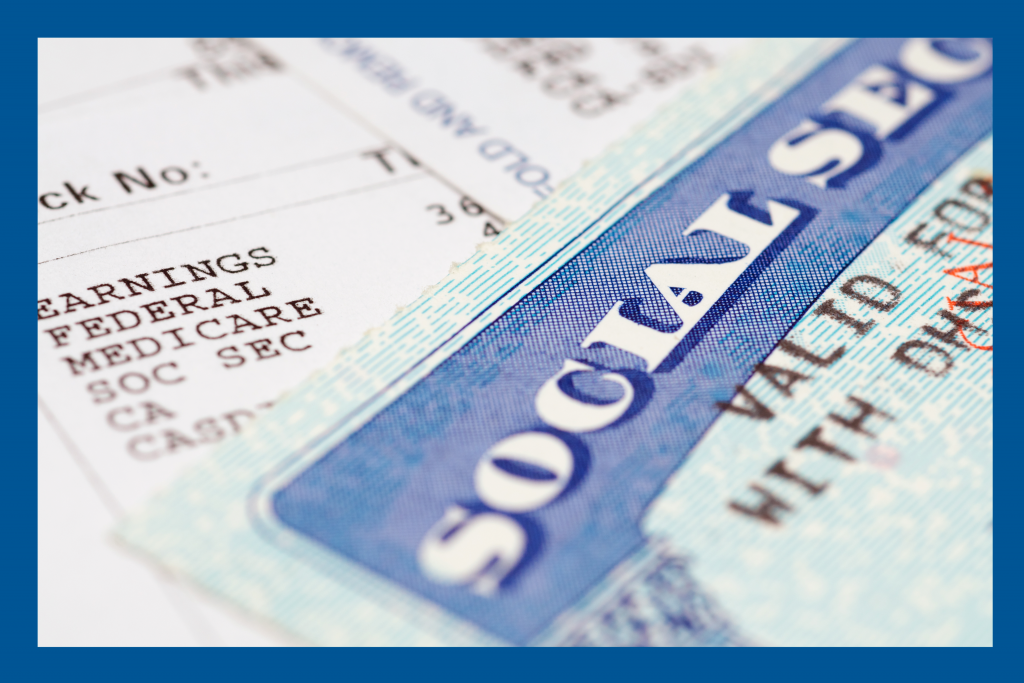Retirement is meant to be enjoyed. To have a comfortable, secure – and fun- retirement, you need to build the financial cushion that will fund it all.
Putting off retirement planning is an easy thing to do. After all, everything will sort itself out in the end, right? Wrong. Unfortunately when it comes to planning your financial future, the harder you work now, the brighter your future will be.
Here, CKS Summit Group gives you four reasons why planning for your retirement is important, and why you should make it a priority as early on as possible.

As comfortable as you are right now in life, it’s important to realize that you may indeed experience financial hardships in the future.
Optimism aside, living with the trust that things will be better in the years to come is not something you can count on. Your future is not guaranteed, which is why retirement planning is necessary. By actively making a plan for your retirement, you will put yourself in the best place to deal with any financial hardships that come up down the road.


A key part of your retirement planning should be an understanding of your Social Security benefits. Around 90% of Americans over 65 collect Social Security retirement benefits, so they’re a big part of most Americans’ retirement planning. However, Social Security is intended to supplement your income — not replace it entirely. If you’re planning on relying on benefits during retirement, you may be in for a shock.
Consider this: 78% of people are worried Social Security will run dry in their lifetime, according to Nationwide’s annual retirement survey. While the program won’t completely run out of money, retirees may see cuts in the relatively near future.
Life expectancies are also increasing, with one in four people turning 65 today expected to live past age 90, and one in 10 making it past 95. And the more years people spend in retirement, the more benefits they’ll receive. As a result, the $2.8 trillion in asset reserves is expected to be depleted by 2034, according to the most recent Social Security Board of Trustees report.
Secondly, Social Security alone (probably) won’t cover your healthcare bills. While Medicare will help with some healthcare expenses, you’ll still be responsible for deductibles, copayments, and coinsurance. Medicare also doesn’t cover most dental care, prescription eyeglasses, or long-term care — all of which can come with hefty bills. In fact, the average 65-year-old couple can expect to pay about $275,000 in healthcare bills during retirement, according to a recent Fidelity study. If your retirement lasts 20 years, that comes down to $13,750 per year for a couple, or $6,875 per person. With the average Social Security check is around $1,400 per month (totaling $16,800 per year), that means you may end up spending 40% of your benefits on healthcare alone.
While Social Security can help pay your bills and provide a steady income once you leave the workforce, it isn’t designed to replace your income entirely. To make sure you’re as prepared as possible, it’s a good idea to have a backup plan – AKA a retirement plan.

No-one likes sending money to Uncle Sam. So why would you not take steps to send less than you have to? Retirement is a period when taxes can leave a major dent in your income and savings if you aren’t cautious. Avoiding those taxes is a major reason why retirement planning is important.

Ideally, you should begin a tax strategy as soon as possible when you enter the workforce. But know that the tax strategy you use when you are working is very different to when you retire. Here’s why:
When you’re in the workforce, you have limited control over the taxes you pay, because your salary largely determines your tax bracket. You owe what you owe, and that’s that. But once you retire and design your own paycheck to live off of, opportunities to better control your tax bracket suddenly open up.
Upon retirement, the more control you have over your income sources, the more likely you will be able to reduce your taxes. If planned appropriately, you’ll want to have three buckets or sources of income in retirement from a tax standpoint:
- Tax Deferred – Includes pension plans, social security, 401 (k)s, and pre-tax IRAs.
- Tax Free – Includes Roth IRAs, Health Savings Accounts (HSAs), and Municipal bonds.
- Tax Advantaged – Includes standard brokerage accounts with tax-efficient investments like index funds.
Since it’s impossible to predict tax policy in the future, diversifying your income sources in retirement could save you tens of thousands of dollars in taxes upon retirement.
As you can see, reducing taxes is an excellent reason why retirement planning is important.


Stress about retirement savings and investments is high: 67% of Americans experience some level of stress, according to the survey of 2,002 American adults. Stress levels peak within 15 years of retirement, with 76% reporting stress. (According to a Franklin Templeton “Retirement Income Strategies and Expectations” survey.)
From running out of money to avoiding the stress of a forced early retirement, and even enjoying a happier marriage (money issues are the leading cause of divorce), being prepared means stability and overall less worrying.
By taking action now – via saving and planning for retirement – individuals can help ensure that they’re able to embrace this next phase of life.

They key to a happy retirement is to start planning as soon as possible. The right financial plan can help you make the right investment decisions and prepare for retirement.
At CKS Summit Group, our retirement plans are customized to your individual circumstances and needs. If you feel overwhelmed at the prospect of building the right retirement plan for you, we’re here to help you to make a plan that will set you up for long-term success throughout retirement.
Simply get in touch with us by calling 586-286-5820 or set up a complimentary strategy session on our website here today.

